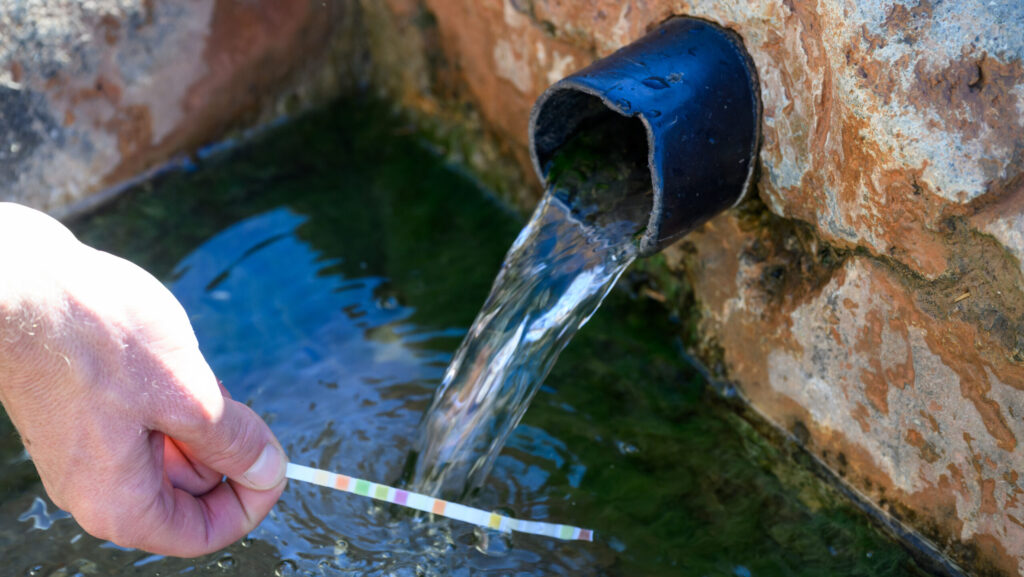On World Water Day, it’s important to note that while water is one of the most abundant resources on Earth, clean water that is fit to drink is far rarer. Although 71% of the world’s surface is water, only 3% of it is fresh water—and most of that is locked away under polar ice caps, too far below the earth’s surface to be extracted, or too polluted to be considered safe. That leaves, according to the U.S. Bureau of Reclamation, a mere 0.5% of the world’s water accessible and safe for human consumption.
A major function of community leaders throughout history has been securing reliable water sources because contaminated water can lead to illness and death. After a disaster—whether due to direct hydrological impact, infrastructure damage, or lack of access to water, sanitation, and hygiene—disease outbreaks are common, and the task of getting potable water becomes even more urgent, more essential, and more difficult for communities to achieve without outside help.

Take, for example, the massive earthquake that struck Morocco in September 2023, killing thousands of people and affecting tens of thousands more. Hardest hit by the earthquake were remote villages located along rugged, hard-to-reach hillsides and valleys. High in the hills, situated along ancient dirt roads and speckled with mudbrick houses, many of these villages saw their fragile water infrastructure damaged by the quake. Without the resources to identify the location of damage to their wells or pinpoint the source of contamination of their water—let alone repair or decontaminate it—communities experienced increased rates of sickness. As part of its response to the earthquake, Team Rubicon dispatched volunteers, known as Greyshirts, trained in water, sanitation, and hygiene (WASH) to distribute water filters within many of the villages.
“Their access to this water is compromised, often by bacteria or viruses,” said Greyshirt Megan Painter, part of Team Rubicon’s Morocco WASH team, “then we have a health crisis compounded upon a natural disaster.”
Greyshirts and local translators trekked into rural Morocco, delivering portable, durable, reusable, gravity-fed water filters to communities suffering from gastro-intestinal and other conditions related to tainted water. Just one filter can offer clean and safe water for approximately five people per day; a single device can provide thousands of gallons of purified water for up to five years.
Painter and the Greyshirts didn’t just pop into a village, hand them the filters, and leave; they also taught the villagers how to assemble and maintain the filters and educated them in water safety practices, enhancing the community’s awareness of sanitation and hygiene and boosting their resiliency.
“Water filtration is a new concept here,” said Marouane Sabir, member of Rawafid Insaniya, a local Moroccan NGO and Team Rubicon partner. “Team Rubicon’s introduction of water filters has been a major health benefit for the villages.”
Greyshirts were in Morocco for several weeks and served more than 12,100 individuals with water filters and WASH instruction.
A Team Rubicon Original — Morocco: Water After the Earthquake
This World Water Day, see the positive impact that a small group of humanitarians armed with knowledge, compassion, and water filters brings to communities in need.



